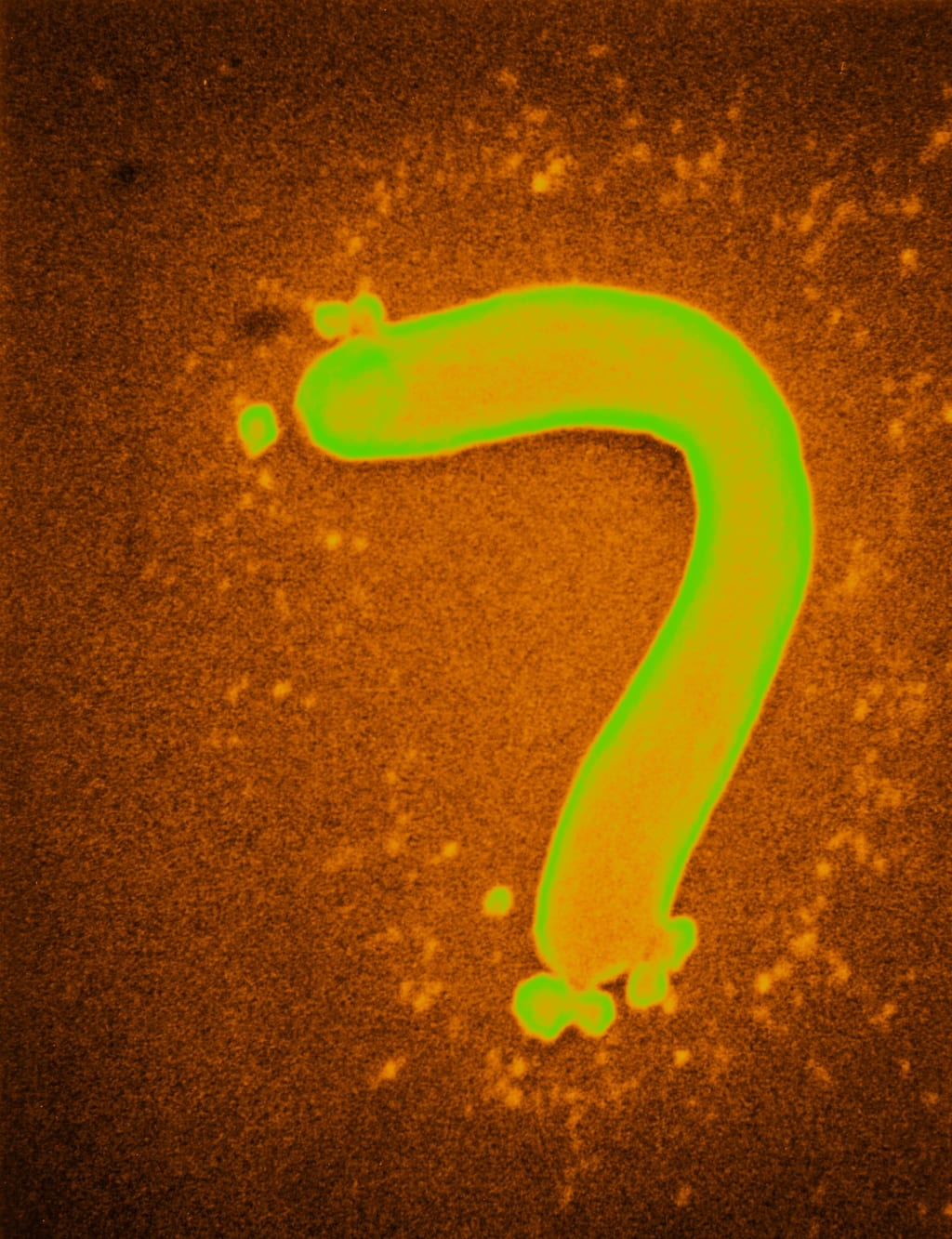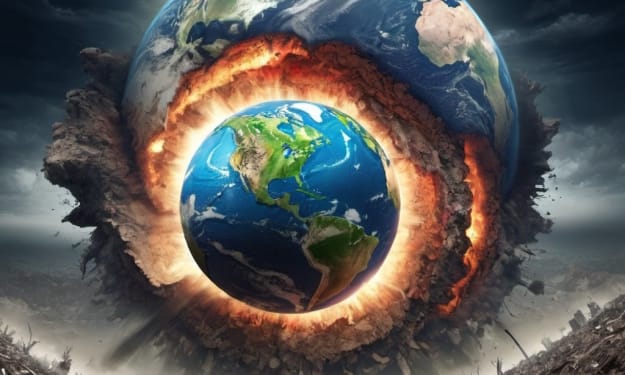Human Population and Conservation
The Microbial Conservationist Perspective

If one thinks about what broad themes unite conservationists of all stripes a few main ideas emerge. Preserve biodiversity, maintain and expand wild habitat, decrease pollution and waste. Ultimately most of these boil down to a fairly simple formula. The more we can reduce man’s footprint on the planet the better it will be for every other living thing. The easiest and most straightforward method to achieve this end would be to significantly reduce the human population of the planet. I think most people understand this at some base level and I believe it explains a lot of the negative attitudes many people instinctually express when asked their feelings on the matter. Essentially the conservationist is asking us to admit that we are the problem, we are a net negative for the health of the planet, all living things would be better off if we ceased to exist. I know that few environmentalist/conservationists would put it exactly this way though many probably believe it. In point of fact until very recently I did too.
Then I was exposed to the the idea of microbial conservation. At first blush it is a strange concept. Given the importance of microorganisms to all macrobiotic life forms on the planet though it really shouldn’t be. In fact it should be top of mind. Simply put without the multitude and diversity of microbial life on earth none of us would be alive to even consider the topic. No plants or non human animals would exist either.
I would suggest that life of any variety, on any world, in any part of this galaxy or any other in our universe, using any energy source, and having any chemistry, cannot exist without first their existing microbial life. A bold statement to be sure but well supported by everything we currently understand about life and its requirements. Although a fascinating area for discussion and debate this is not the focus of what I wish to suggest in this piece.
Rather I ask you to consider this. What should be the main goal of the microbial conservationist? Preserve biodiversity, maintain and expand wild habitat, reduce waste and pollution? All of these goals have no meaning or vastly different meanings when viewed from the vantage point of the microbial conservationist. How does one define biodiversity when it comes to microbes? Of course we segregate and categorize them on the basis of genus and species and in a multitude of other ways but in the end our classifications are subjective and artificial. Even those that rely on sequencing and genetic homogeneity use “made-up” sequence similarity percentages when deciding what belongs in one genus or one species or other group. Yes the situation is similar with macrobiotic life but their is a major difference. We can “see” the animal and the plant. We can experience it directly with our senses. This is not true of the microorganism. Even viewed through a microscope they still are somehow less “real” and thus less important to us. So we dismiss them without much thought.
In point of fact the goals of the traditional conservationist may actually be at odds with those of the microbial conservationist. Consider the role of humans in conservation as traditionally conceived. I touched on it above. Essentially humans are mostly the source of the problems. Without humans there would be no need even for a practice of conservation. From the perspective of the microbiota of earth however this is most definitely not the case. In fact every living person on earth could be considered a microbial conservation expert, a living habitat if you will. The oft quoted though not exactly correct “fact” that there are ten times as many microorganisms living on and in every person compared to the number of cells in their body seems to clearly illustrate the importance of humans to the diversity and well being of microbes on earth. If you accept what I said above about the importance of microbes to the overall health of the planet then one could argue that any increase in human population is a net positive for the ecological health of the planet. Note too that the relative wellness, material well being, race, or any other human variable is basically a non factor when it comes to that persons microbial diversity and population numbers (at least based on the evidence we have to date).
It seems we are at loggerheads. On the one hand we have the traditional conservationist suggesting that the human population should be reduced and on the other the microbial conservationist position which seems to suggest that every human represents a microbial farm or factory or zoo. The more humans the greater the microbial population the potentially healthier the planet overall.
In this debate I am squarely in the camp of the traditional conservationist for a number of reasons. Mostly I think it is obvious that the harms humans are capable of inflicting on a planetary scale are much greater than the benefits they might bring by serving as microbial population centers. After all every plant and animal on earth hosts and supports some natural microbial flora. There is not enough research on the topic to say whether or not human’s microbiota is significantly larger or more/less diverse than any other living thing. However, in contrast, there is plenty of research and documented practice showing how destructive humans can be to other living things on earth.
Ultimately I think the conservationist community would do well to think more deeply about the role of microorganisms in the health of the earth’s ecosystem. In particular the impact of the human population on microbial diversity needs to be considered in any conservationist program that believes human population reduction can only be a net positive for planetary health. Moreover many traditional conservationist concepts such as biodiversity, habitat, wildlife, etc. may need to be rethought and/or broadened in scope to more accurately reflect the importance of microbial life in all of those areas.
About the Creator
Everyday Junglist
Practicing mage of the natural sciences (Ph.D. micro/mol bio), Thought middle manager, Everyday Junglist, Boulderer, Cat lover, No tie shoelace user, Humorist, Argan oil aficionado. Occasional LinkedIn & Facebook user






Comments
There are no comments for this story
Be the first to respond and start the conversation.